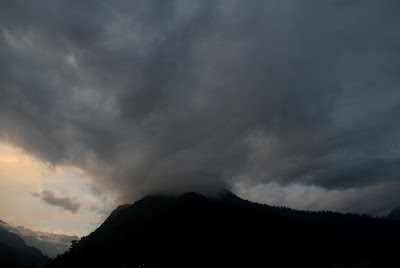Saturday, November 10, 2012
Can Philosophy Help?
Tuesday, July 20, 2010
Ladakh: A Road Trip to the Himalayas
Ladakh



















































Manali
Manali is a sleepy little town in Himachal Pradesh. We stayed here for a day as part of the acclimatization process, on our way to Leh. It is surrounded by pristine forests, misty hills and not to mention the apple orchards. With so much of greenery around us, it was difficult to keep off the ‘grass’. But unlike many people around us, we just about managed to do so.







Delhi
After returning from Ladakh, I stayed back in Delhi for sometime. The Delhi air carried a whiff of the sublime smell of wet wood interspersed with that of wet earth. One evening, Mahesh Sir (our political science professor at law school, who is now based in Delhi) was kind enough to drive me down to the hallowed campus of his alma mater, the JNU. As we drove around the campus, which is spread over an area of over thousand acres, Mahesh Sir –having spent almost ten years of his life there- nonchalantly described every nook and corner. When darkness began to fall, we sat by the Ganga Dhaba and discussed life over a cup of tea.
I stand at the cusp of a major change in life. This break afforded me the time to prepare for it. Keep watching this space for the continuity within the change and the change within the continuity.





